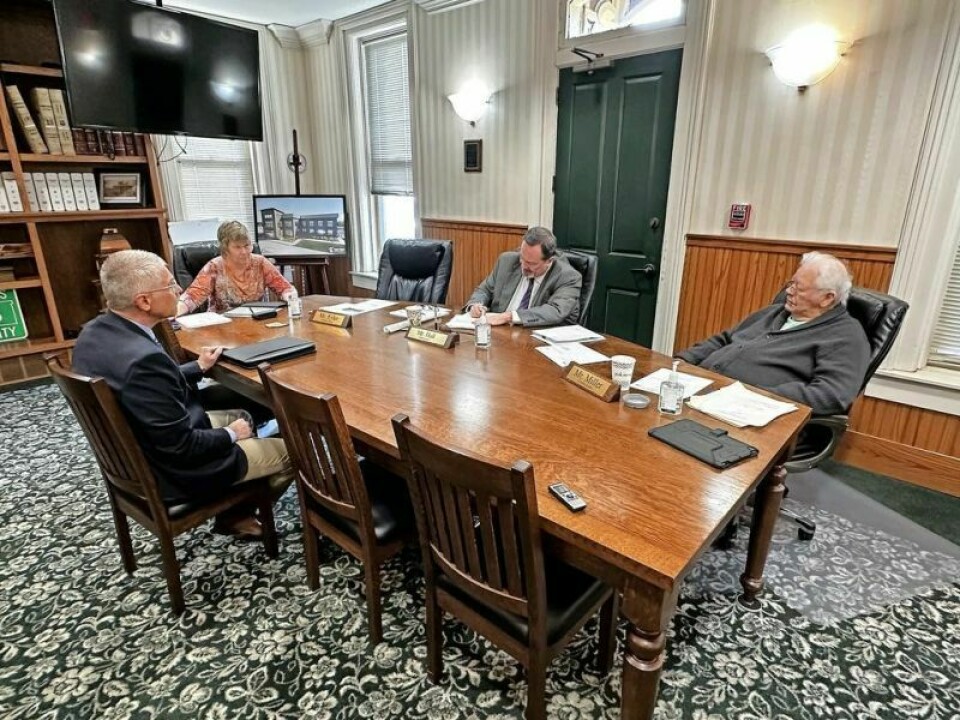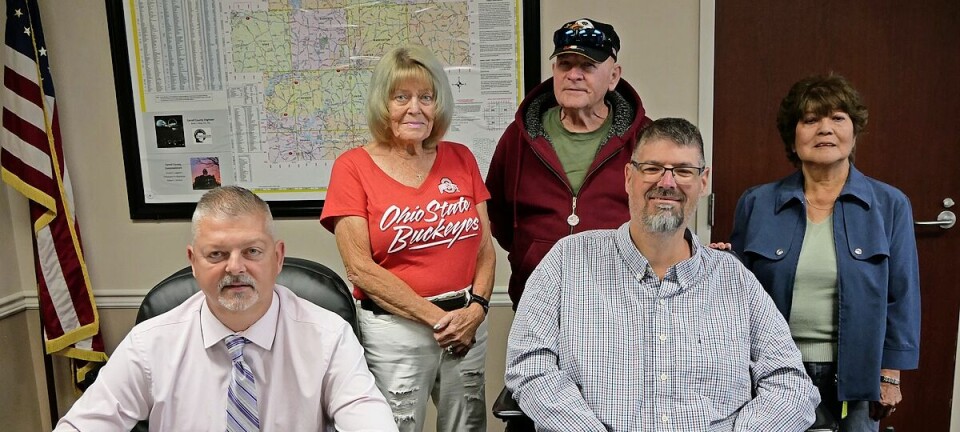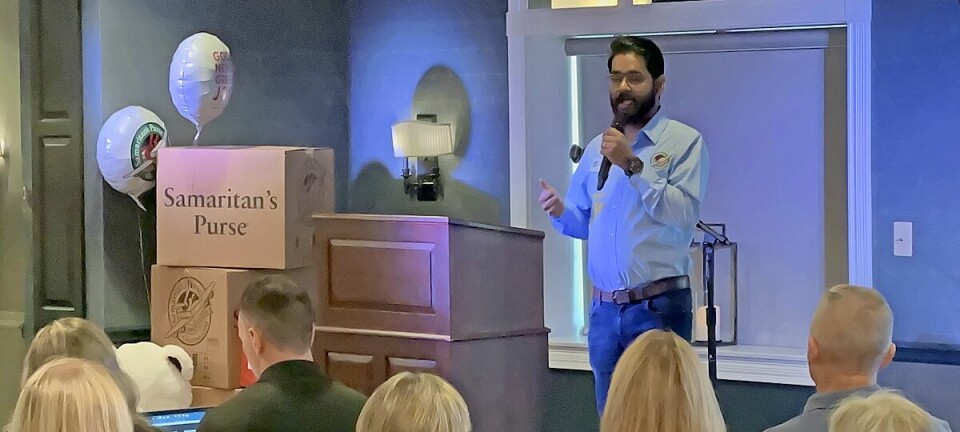County courthouse seeks state grant for new generator

After discussing the need for a courthouse generator began with a group from the Holmes County Courthouse, Holmes County Juvenile Court bailiff Brad Conn took the lead on creating a grant request that could help the county create an addition to the courthouse that has been discussed before.
Conn has been pursuing a state grant through the Supreme Court of Ohio, which issues grants to court systems throughout Ohio.
Conn and other courthouse employees were talking about how the courthouse could utilize grant money, and during the discussion, the idea arose about finding grant funding that would go toward the purchase of a new generator for the courthouse.
Conn took the leadership role in creating and applying for a grant and then met with the Holmes County commissioners recently to get their approval on moving forward with the request.
In meeting with the commissioners and describing the process of applying, Conn said, “The grant I applied for is a security systems grant. The grant is up to $150,000 if they give you the entire amount. I don’t know what is going to happen with this, but I wanted to give it a shot to see what happens.”
Conn said several members of the probate and juvenile court system have been working diligently on the grant, and he said while it could be as much as $150,000, the state also could issue a grant for any amount it deems fit.
Conn said the state asks any entity preparing to request a grant to give as much detailed information as possible on where the funding would go and how it would be used.
He said they have honed the request through three different drafts, and the final thing they needed before he sent it to the state was a letter of support from the commissioners approving their support to the project.
Conn said if the state provided them with $150,000 and the generator costs $200,000, it would be the commissioner’s obligation to cover the rest of the project. Commissioner Joe Miller said the initial quote for the generator was around that $150,000 number.
Since this has been a project the commissioners have talked about several times prior to this meeting, they were quick to give their blessing to the request.
“If they give us an award, they are asking for the balance to be picked up by the entity that ultimately be responsible for it, which would be (the commissioners),” Conn said. “The grant information will be submitted by the probate and juvenile court. Judge Lee has given me the OK to proceed on that.”
The grant must be submitted by someone from the court, and Conn needed to submit it by the deadline on Friday, Feb. 9, which he did.
Conn said now it is a waiting game until the time the awards are issued in May.
He said the Ohio Supreme Court prefers the start date for any project should begin by June 1 and must be completed by May 2025.
Conn said his understanding was that even if funding was received, a project could begin later than the June 1 date, as long as it is completed in the appropriate time frame.
He said in the grant submission, the project would begin June 1 and be completed by the end of June.
Commissioner Dave Hall inquired as to whether the county would need to spend the money and get reimbursed or whether the state would provide the county with the funds and the county then pay the remainder of what was left uncovered by the grant.
Conn said he would check into those specifics but was unsure at the time of the meeting.
One specific he was sure of is the generator would be operated by natural gas, and where the generator would be installed is still up for debate.
“We’ve been looking at this ourselves, so this (request) is timely,” Hall said.
Miller said the alternative of adding a diesel generator would be very expensive, which makes the natural gas option more enticing.
Conn said the initial desire to pursue grant funding for a new generator arose in summer 2022 when the courthouse was shut down due to a three-day power outage.
He said the courts were scheduled for a busy week at that time and the cancellation and continuation of hearing disrupted both the court system and the attorneys working cases.
“It was a nightmare,” Conn said. “It’s a challenge to schedule heavy loads like that anyway, but this was really disruptive.”
Jason Troyer, Holmes County Emergency Management Agency director, said natural gas was definitely the most cost-effective way to go.
“It’s cleaner, it automatically kicks in and you don’t have to worry about continually filling it,” Troyer said.
Conn said the commissioner’s letter of approval shows a true commitment from the county and its willingness to see the project through to the end, regardless of the amount the state provides.

























